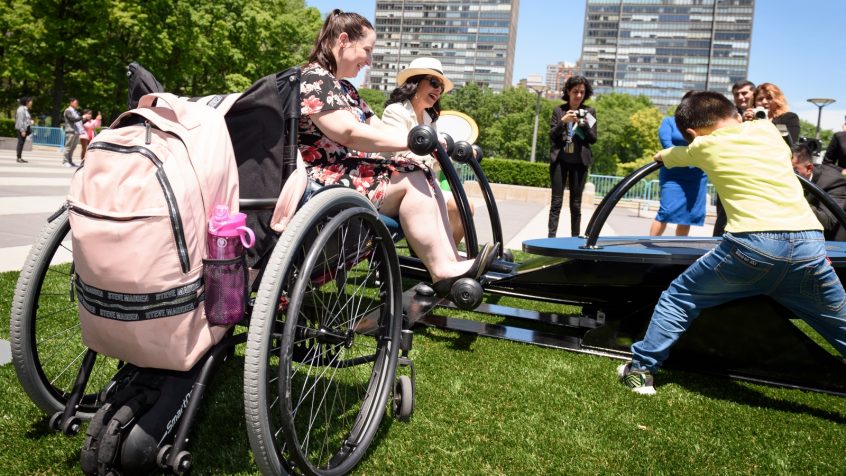People with disabilities typically receive less medical care and incur higher costs compared to people without disabilities, leading to problems that must be solved on an inclusive basis that involves all disability services Melbourne groups.
Health care providers must receive disability cultural competency training as a core curriculum requirement of all medical, dental and other professional health care school programs. Furthermore, methods should be established for covering sign language interpreter fees as well as accessible examination equipment like weight scales and exam tables.
Preventive Care
People with disabilities need preventive healthcare services that detect and even thwart serious diseases and medical problems, including routine immunizations, breast and cervical cancer screening, oral health examinations and general physical exams. Furthermore, preventive health care helps people live healthier lives by helping to avoid secondary conditions caused by primary diseases, such as pressure sores or urinary tract infections.
Results from this study demonstrated that factors affecting adult preventive healthcare services for persons with intellectual disabilities included demographics, economic status, relevant chronic diseases and severity of disability. Women were more likely to utilize preventive health services; those whose spouse provided care were particularly likely to utilize preventive health services like Pap smears and breast screening services; furthermore, catastrophic illness or injury victims showed higher odds for using preventive healthcare services; this suggests that preventive healthcare provision must be significantly improved among persons with intellectual disabilities.
Treatment
Health care providers must not only consider disability in meeting ongoing wellness and medical needs but also be cognizant of any secondary conditions which might exacerbate or co-occur with an individual’s primary disabling condition (Marge 1988; Simeonsson & Leskinen 1999).
People with disabilities often face barriers that limit their access to health care, including stereotyped providers and inaccessibility of facilities and examination equipment, sign language interpreters and other accommodations.
Third-party insurance must take into account all additional costs related to specialty providers, medication, durable medical equipment and long-term care in order for a person with disability to receive complete and equitable healthcare services (Bishop 2004). This can help avoid expensive complications arising from undiagnosed or untreated secondary conditions; such complications can cause physical as well as psychological ramifications that lead to increased dependency on family members and increased rates of depression or self-harm (Bishop 2004).
Rehabilitation
Rehabilitation refers to care that helps you regain, retain or increase abilities that have been lost as a result of health conditions, such as physical, emotional or cognitive abilities (thinking and learning).
Rehabilitative services can play an essential role in helping individuals lead longer, healthier lives while participating in community activities. Unfortunately, however, accessing such services may present its own set of obstacles.
Health professionals should include rehabilitation as a key part of their treatment plans, either within their clinics or hospitals or referring patients directly to rehabilitation centres.
Some of the barriers to rehabilitation are economic in nature. For example, people living in rural areas might require transportation costs or materials required by healthcare providers that they cannot afford; this can be especially challenging for those living in poverty who also face discrimination; nonetheless these obstacles can be overcome.
Community Living
People with disabilities who cannot live independently and require advanced care may be placed into group homes. These residences in traditional neighborhoods are staffed with counselors from just before breakfast to after dinner for maximum support and service provision.
Studies demonstrate that individuals living in individualized living arrangements experience more choices and control in their lives, make more friends, and are safer and healthier than those who reside in segregated settings. Communities are now prioritizing community living as a priority by offering funding support for people wanting to reside there.
New York State’s Division of Developmental Disabilities offers rental subsidies to people living independently in their own homes or those rented from private landlords, whether with family or roommates/peers in the home. Residents in these settings have access to customized menus, decorating their living space as they please and joining various community activities.

